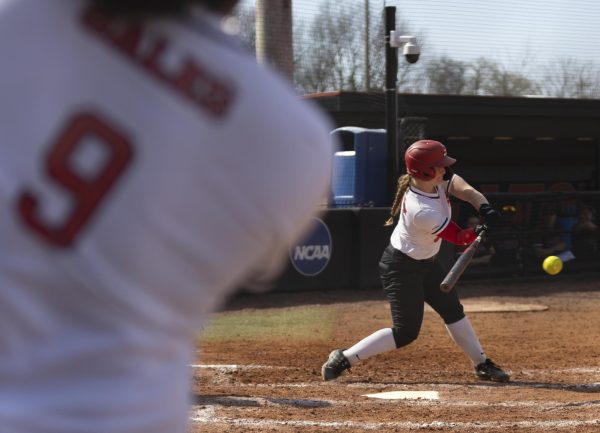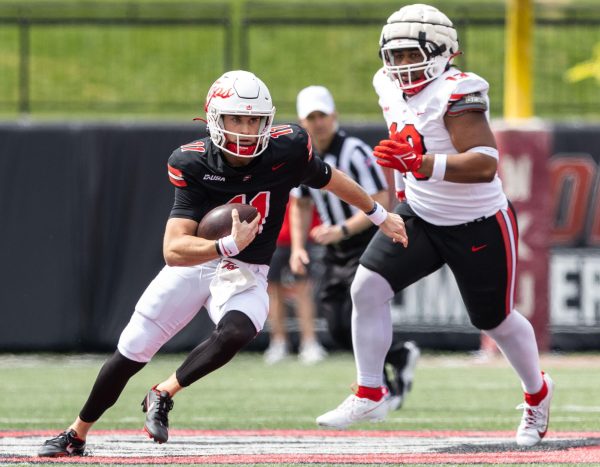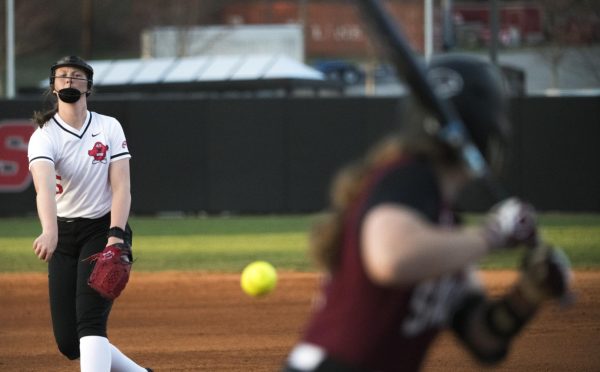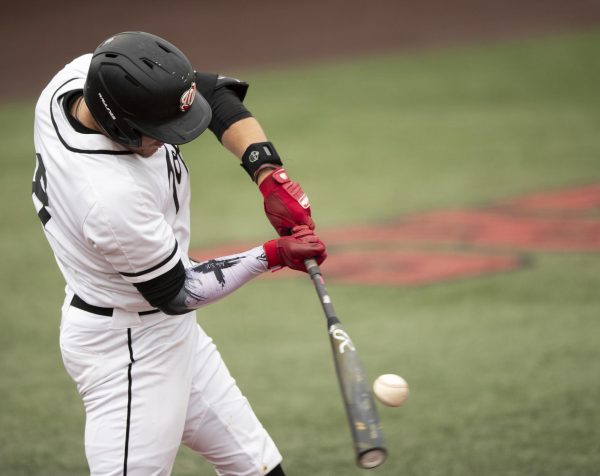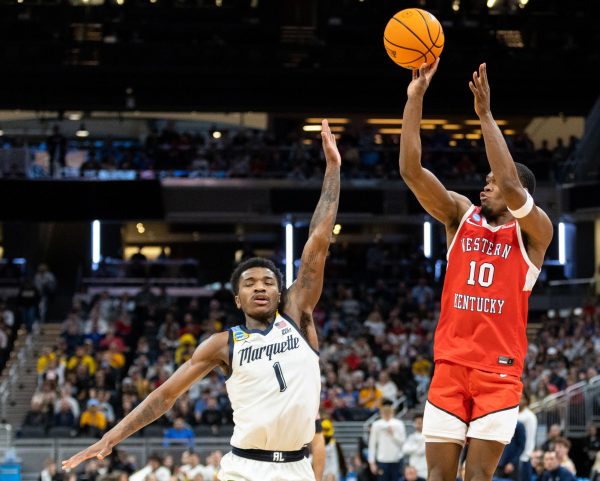A day in the life: A look at our athletes’ eating habits on campus
February 11, 2016
For a student-athlete at WKU, nutrition is drastically different than that of a regular student.
What much of the student body doesn’t realize is just how radical this contrast is. Thankfully, junior defensive lineman Kalvin Robinson of the WKU football team shed some light on this stark divide.
“I can’t even round off how many carbs I eat every day because I’m constantly eating them,” Robinson said. “When I wake up I’m eating carbs, and before I go to sleep I’m eating carbs. Carbs are just one of those things that I always must have with my meal.”
Carbohydrates are imperative for any athlete to consume on a daily basis because of their ability to absorb slowly into the blood system, thus giving athletes more energy.
“Rice and beans give you the highest amount of carbs,” Robinson said. “Brown rice is also really great in protein and carbs. Carbs help you gain a lot of weight.”
Rice is one of the more popular meals for athletes on campus as it promotes a healthy weight gain while also providing much-needed energy. The dish is also one reason why so many athletes can be seen carrying water jugs around campus.
“One good thing about rice is that it also increases your water intake so that you can hold more water,” Robinson said. “If you are an athlete, you are constantly sweating, so what you do is you always carry a gallon of water around. It helps to prevent dehydration.”
However, it is important to note that not every athlete eats
the same carbohydrate-driven diet. Consuming particular types of foods depends on different diet goals .
“If you are trying to cut down on weight, the best thing to do is to have baked and grilled foods,” Robinson said. “If you are trying to get lean, then you need to eat lean things like broccoli, and you cut out your bad fats. Only eat good fats, which can be found in steaks.”
Another habit that athletes on campus have is the time of the day in which they consume food. Normally players always eat when they wake up and before bedtime and at least twice during the day.
What is also essential to any Hilltopper athlete’s diet is the absence of soft drinks, which have very negative influences on the body.
“I don’t drink sodas,” Robinson said. “The only thing I drink is water and Powerade. The main reason why is that if you drink sodas with most meals, you will build fat quickly. I try to drink an entire gallon of water every day, but that’s hit or miss.”
One thing students and faculty might notice is the absence of athletes from dining locations on campus like Steak-n-Shake or Popeyes. Thanks to these students’ active lives, there is a reason they avoid these eateries.
“With every thing that fast food restaurants put into food, it takes a long time to get that out, and it’s just not even worth it,” Robinson said. “You don’t need to be taking in greasy substances like butter or salt.”
For the 6-foot-5-inch, 250-pound junior, living this rigid lifestyle is completely necessary for achieving maximum performance on the field.
All athletes must adhere to a strict nutrition regime so that they see a boosted level of play in their respective sports that, in turn, help provide for their educations.
“It’s just like a car,” Robinson said. “If you want to run like a Mercedes, then you need to put the best gas in your car.”
The common student is not left out of this nutrition analysis as Robinson is also able to provide great advice for them on the healthiest places to eat.
“Personally, I prefer to eat at home,” Robinson said. “That’s the best [place] to eat. However, if you are a regular student and on campus, the only place I would recommend going to is Garret Food Court just because they have a really good variety of healthy things.”

















